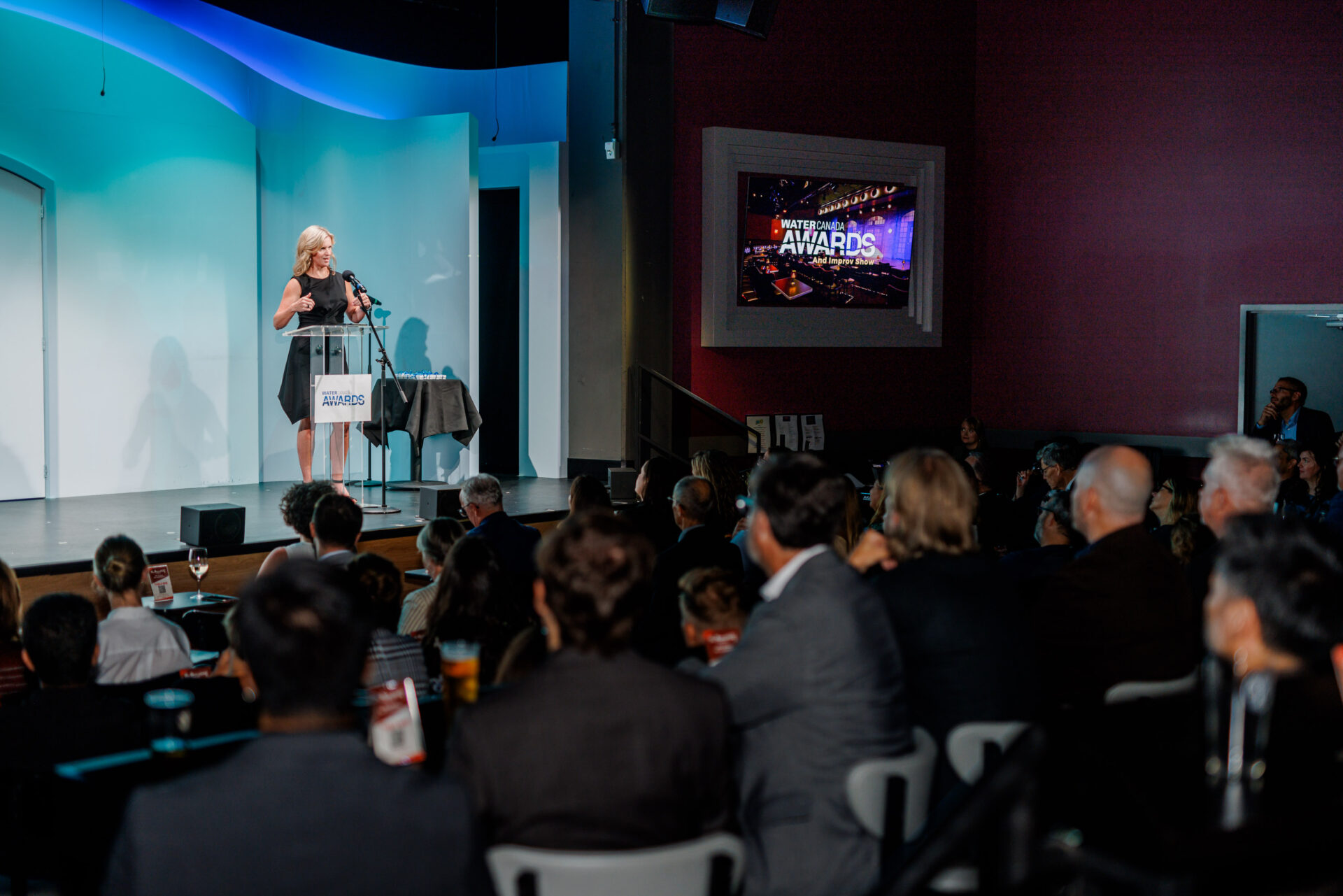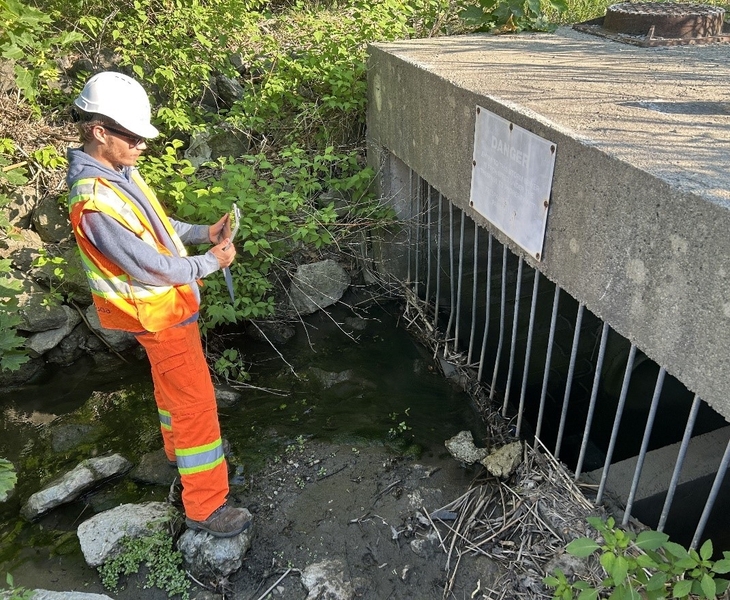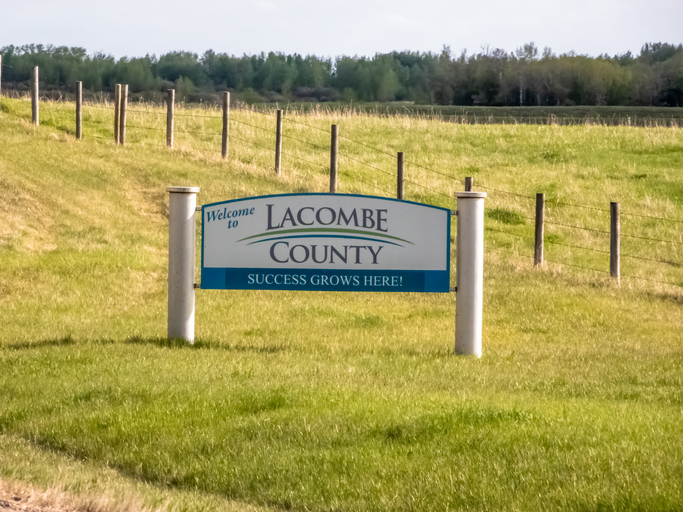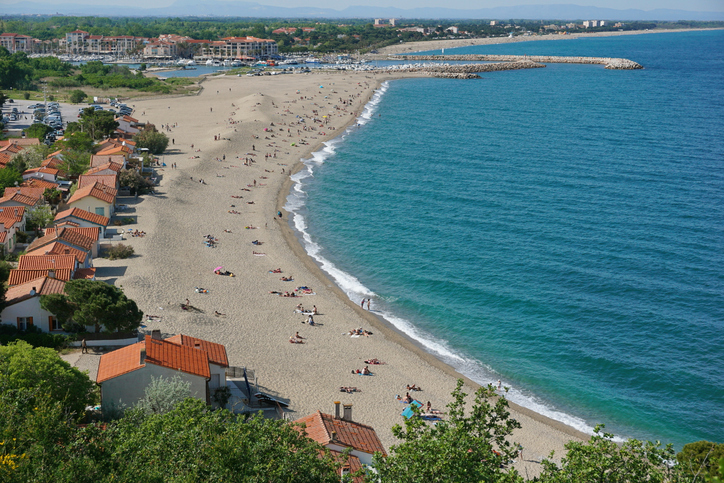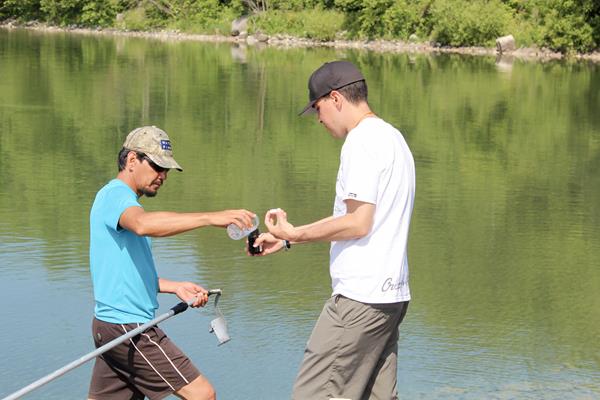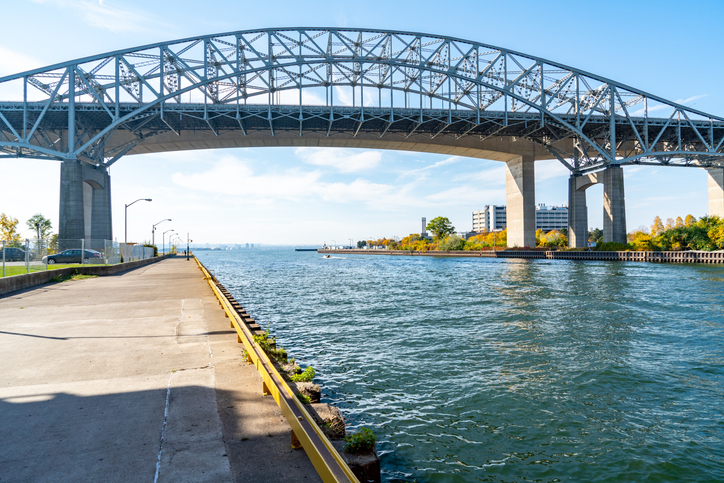Water Canada celebrated the country’s most innovative water projects, policies, technologies, and leaders at the Water Canada Awards on August 13, hosted by Actual Media’s Vice President of Content and Partnerships, Corinne Lynds.
While there were dozens of excellent nominations and a total of 34 well-deserving finalists making significant advancements in water across the country, judges for the Water Canada Awards selected one award winner for each of the 11 award categories.
Stormwater Projects Winner
Hamilton won this award for their Drone Driven Approach for Enhanced Accuracy and Compliance, which uses drone-mounted sonar for precise sediment level estimation.
Drinking Water Projects Winner
Engineers and Geoscientists British Columbia (EGBC) took home the Drinking Water award for their Professional Practice Guidelines on the Preparation of One Water System Risk Management Plans in British Columbia. Their holistic approach to water management addresses both technical and systemic risks and has involved provincial ministries, municipalities, health authorities, Indigenous organizations, and nonprofits, ensuring alignment with diverse water supply systems and provincial water management.
Wastewater Projects Winner
The winner of the wastewater projects award was the City of Hamilton for their Enhanced Sewer Inspection Program. The program’s primary goal is to eliminate dry weather discharges into the environment to protect waterways and promote public health.
Downstream Projects Winner
Water Movement won the Downstream award for their interactive workshops to address low operator retention rates in the Indigenous water sector by fostering a better understanding of the operator’s role and ensuring that operators feel valued in their contributions.
Conservation Projects Winner
Waterlix won this award for their remote AI technology that monitors real-time global water pollution, which could greatly enhance water pollution monitoring—a critical concern for water utilities and communities.
Policy Projects Winner
The winner of this award was the National Indigenous Water Operator Day (NIWOD), which has shifted the landscape of water management in Canada by embedding Indigenous perspectives in water governance and reframing the way Indigenous water operators are recognized.
Education Projects Award
The winner of this award, Wastewater-based Surveillance (WBS), has existed since the 1940s but has emerged more prominently in recent years as an evidence-based, cost-effective, and robust detection method for infectious diseases with a recently established peer-learning program by the Canadian Water Network (CWN) and National Collaborating Centre for Infectious Diseases (NCCID).
New Tech Winner
The winner for the new technology award went to Swirltex’s Buoyancy Enhanced Membrane Filtration (BEMF), innovated by Peter Christou. This technology addresses issues in membrane-based water management, tackling high energy consumption, poor contaminants separation, fouling, excessive chemical usage, and maintenance costs.
Emerging Leader
Emily Lorra Hines won the emerging leader award for her work on the Canada Water Agency and co-leading the Canadian Coalition for Healthy Waters and her mentorship to young water professionals.
Operator of the Year
Jonathan Riberdy won the operator of the year award for his dedication as a water operator and his advocacy on the importance of water operators, especially in First Nation communities.
Water Steward of the Year
The winner of the water steward of the year award was Mark Mattson, who has used his expertise as an environmental lawyer to start a movement for swimmable, drinkable, fishable water. Mark is the President, CEO, and Founder of Swim Drink Fish Canada.
Learn more about this year’s winners and finalists on the Water Summit website.

